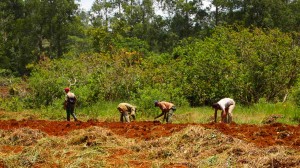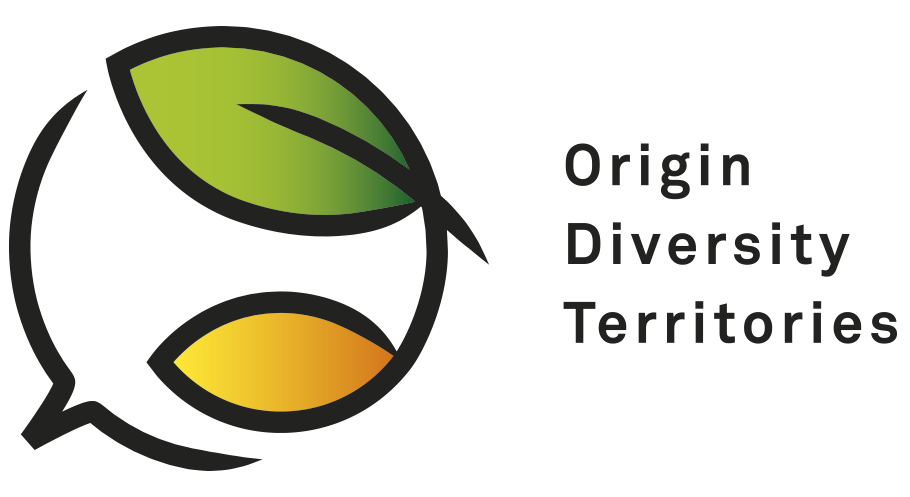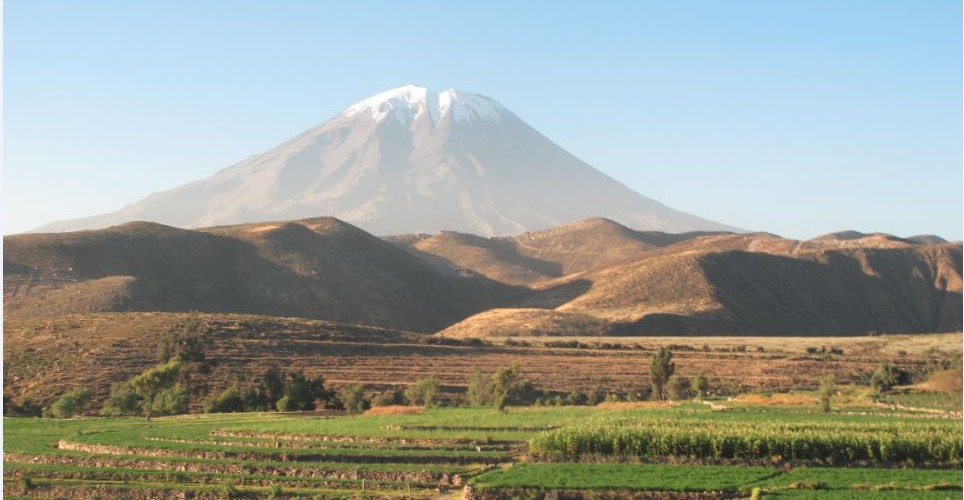In the context of several crises concerning environmental, food and social issues, our societies try to reinvent new ways of contemporary “well-being”. Territories are nowadays under high pressures (economic, spatial, identity, etc…) and are passing through the normalisation phase, within diversities which become blurred and the uniformity that takes steps ahead. This globalisation causes without precedents several changes on rural territories, affecting their biological and cultural diversity. The job of farmer needs to be reinvented. For that, strategies based on products and services marketing, carrying new values such as equity, sustainability or quality including the one linked with an origin, find a place among many development strategies.
The quality linked to the origin is used as a driver for rural development allowing the preservation and the valorisation of specific resources existing in a territory. Indeed, this specific quality is reflecting the identity of a product being also capable to be recognized and promoted by consumers and other actors. Moreover, it can allow maintaining but also the creation of different economic, social, environmental and cultural values.
The territoriality approach is the paradigm for a sustainable and fair development that reinforces the communities and ecosystems’ resiliency. It is based on the valorization of biological and cultural diversities of a territory and on the organization of new forms of public and private governance within smallholders. The differentiation of a territory through the establishment of distinctive signs of quality linked to the origin such as the Geographical Indications (GI) or territorial brands, offers under certain conditions, opportunities to products and services of quality, creating a territorialized “basket of goods and services”. The development of a territory is built on horizontal dynamics of cooperation between actors and on the collective valorization of the territory’s assets. The territory needs to stay into a flexible and evolutionary dynamic where the integration of smallholders and the innovation take part of processes of valorisation of specificities, both involved in the biological and cultural diversities preservation.
On the occasion of the International year of Familiar Farming (IYFF) in 2014, smallholders and producers’ organisations and the representatives of rural civil societies have been honored. The opening statement of IYFF1 recognized that the familiar farming preserves traditional food goods contributing to healthy and equilibrate diet, to conserve the global agricultural biodiversity and to use in a sustainable way the natural resources. Thus, families farming together with little exploitations constitute an important tool to assure food security and fight against poverty. The Forum’s partners would like to address the issue regarding interactions between family farming and biological and cultural diversities.
Thus, this second  edition will highlight the role of family farming in the bio-cultural diversities conservation as well in the interactions within origin’s promotion taking into account smallholders and in the biodiversity preservation. Moreover, the reflection on tools identification, monitoring and evaluation and promotion will be further developed. Finally, this 2nd edition will inaugurate a training module on these approaches.
edition will highlight the role of family farming in the bio-cultural diversities conservation as well in the interactions within origin’s promotion taking into account smallholders and in the biodiversity preservation. Moreover, the reflection on tools identification, monitoring and evaluation and promotion will be further developed. Finally, this 2nd edition will inaugurate a training module on these approaches.
[1] The family farming is a practiced by smallholders and middle-size farmers, peasants, autochthon villages, traditional communities, fishermen, nomadic breeders, gatherers and collectors, and many other groups in all regions and in all biomes. Their rural activities are managed by families and are based on familiar workforce. See http://www.fao.org/family-farming-2014/en/
Outputs from the Forum 2014
- Plenary session 1 (21/10/2014): HERE
- Workshop 1: Concept Note and Presentations: HERE
- Workshop 2: Concept Note and Presentations: HERE
- Workshop 3: Concept Note and Presentations: HERE
- Workshop 4: Concept Note and Presentations: HERE
- Workshop 5: Concept Note and Presentations: HERE
- Plenary session 2 (22/10/2014): HERE
- Final overview (23/10/2014): HERE
- Research session: HERE
- Training module in Marketting: HERE

